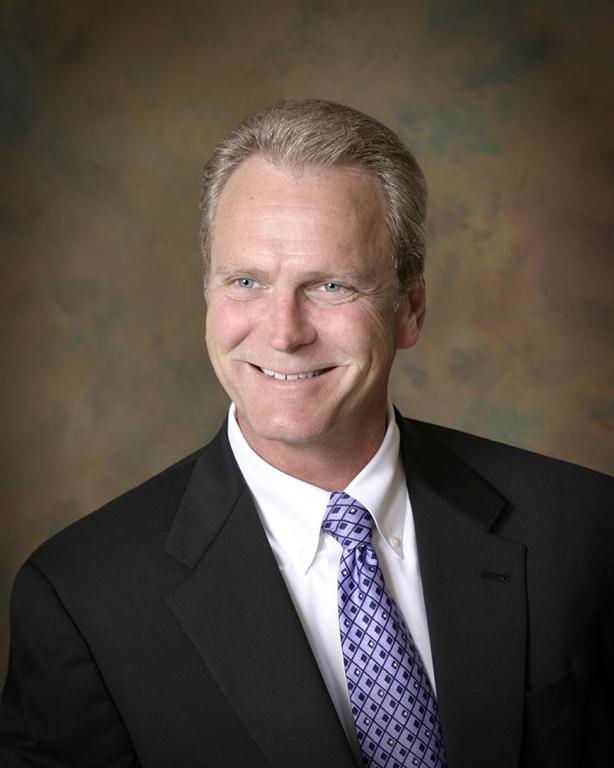Call: (407) 331-6620 or (850) 439-1001
Toll-free: (888) 331-6620

Seven Things To Know When You Receive A Notice Of Investigation From The Department Of Health

By Michael L. Smith, R.R.T.,J.D.,
It’s that time of year when we look at where we are, what we have accomplished and what we still need to do. Often we make New Year’s Resolutions on what we want to accomplish in the next year. This is the year to make that estate plan including a will and advance directives so make that your first New Year’s Resolution.
Less than half of Americans have prepared a will. Even fewer Americans have prepared any formal advance directives such as a living will, a durable power of attorney, or designating a health care surrogate. Older Americans are more likely to have at least prepared a will compared to younger adults. Surprisingly, 60% of Americans with minor children do not have a will designating the guardian of their minor children in the event both parents die.
The list of excuses for not making an estate plan is endless. A common excuse is that the process of making an estate plan is too complicated and expensive. Generally, it will end up costing more to resolve your estate if you die without a will than the cost of having a will prepared. People also claim they are too busy coping with life’s other responsibilities to make an estate plan. Life does have a tendency to sneak up on us, but so can an untimely death. If you do not have a basic will, then making an estate plan is a responsibility that should not be ignored.
In reality, a significant number of people are uncomfortable addressing their personal finances, and their ultimate demise. Healthcare providers are no different. Healthcare providers are constantly discussing the need for these documents with their patients, but a significant number of those same healthcare providers have ignored their own advice. According to one survey, more than 33% of physicians dealing with severely ill patients on a daily basis have not prepared their own wills, or any other estate planning documents.
Main Office • 1101 Douglas Ave., Ste 1000, Altamonte Springs, FL 32714 • (407) 331-6620
By Appointment • 5401 S. Kirkman Road, Suite 310, Orlando, FL 32819 • (888) 331-6620
By Appointment • 201 East Government Street, Pensacola, FL 32502 • (850) 439-1001
By Appointment • 201 St. Charles Ave., # 2500, New Orleans, LA 70170 • (888) 331-6620
Medicare/Medicaid Audits, Health Care Law, Contracts, Hospital Privileges Hearings, Investigations, DEA Defense, Board of Medicine Defense, Healthcare Fraud Defense, Medical Staff Fair Hearings, Administrative Hearings, PRN, IPN, Professional Licensing, Medicare/Medicaid Fraud Defense, Nursing Law, Hospital Peer Review, Hospital Law, Board of Dentistry, Board of Nursing Complaint Defense, Board of Pharmacy, Medicaid Fraud Control Unit (MFCU) Defense, Search Warrant and Subpoena Defense, NBME Representation, USMLE Challenges, ABIM Representation, Resident Physician Defense, VA & Military Physician Defense, Department of Health Investigation Defense, and more…
Available in the following Florida cities and counties: Daytona Beach, Fort Lauderdale, Gainesville, Jacksonville, Key West, Melbourne, Miami, Ocala, Orlando, Pensacola, Panama City, Sarasota, St. Petersburg, Tallahassee, Tampa, West Palm Beach, Alachua, Baker, Bay, Bradford, Brevard, Broward, Calhoun, Charlotte, Citrus, Clay, Collier, Columbia, Dade, De Soto, Dixie, Duval, Escambia, Flagler, Franklin, Gadsden, Gilchrist, Glades, Gulf, Hamilton, Hardee, Hendry, Hernando, Highlands, Hillsborough, Holmes, Indian River, Jackson, Jefferson, Lafayette, Lake, Lee, Leon, Levy, Liberty, Madison, Manatee, Marion, Martin, Monroe, Nassau, Okaloosa, Okeechobee, Orange, Osceloa, Palm Beach, Pasco, Pinellas, Polk, Putnam, St. Johns, St. Lucie, Santa Rosa, Sarasota, Seminole, Sumter, Suwannee, Taylor, Union, Volusia, Wakulla, Walton, and Washington
By making this website information available for those who access it does not constitute doing business in or having a presence in any state or jurisdiction, nor does it constitute an advertisement sent to or a solicitation made in any state or jurisdiction. This firm is located in and maintains a presence in only those states where the firm maintains an actual physical office. Its attorneys are only admitted to practice in those states specifically listed on their resumes.
Available in the following states: Alabama, Alaska, Arizona, Arkansas, Connecticut, Delaware, Florida, Georgia, Hawaii, Idaho, Illinois, Indiana, Iowa, Kansas, Kentucky, Louisiana, Maine, Maryland, Massachusetts, Michigan, Minnesota, Mississippi, Missouri, Montana, Nebraska, Nevada, New Hampshire, New Jersey, New Mexico, New York, North Carolina, North Dakota, Ohio, Oklahoma, Oregon, Pennsylvania, Rhode Island, South Carolina, South Dakota, Tennessee, Texas, Utah, Vermont, Washington, West Virginia, Wisconsin, and Wyoming
Disclaimer | Terms of Representation
“The Health Law Firm” is a registered fictitious business name of and a registered service mark of The Health Law Firm, P.A., a Florida professional service corporation, since 1999. Copyright © 2025 The Health Law Firm. All rights reserved.